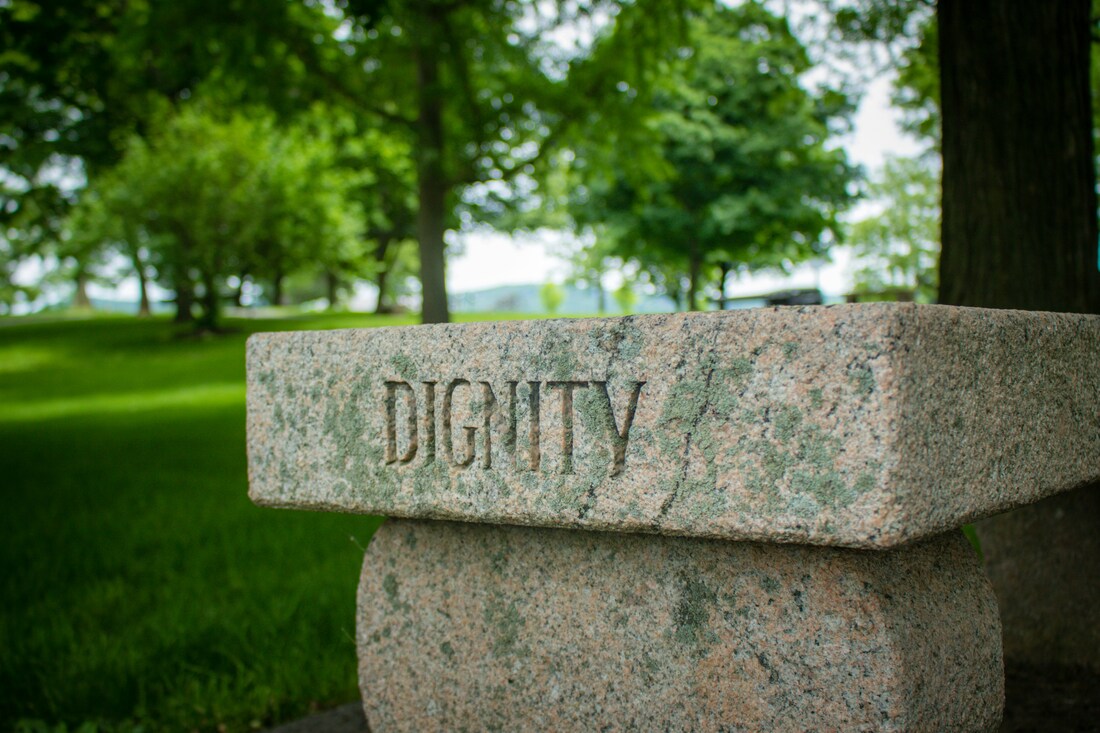|
Last year, I attended a webinar entitled the Future of DE&I: A Conversation Exploring Progressive Practices (here is the recording if anyone is interested); while I often find myself drifting back to my email after listening in for a bit on webinars, this one captured my attention enough that I bought the book, the Five Disciplines of Inclusive Leaders by Andres Tapia, the webinar presenter, and Alina Polonzkaia (2020). While I do not have a lot of time for reading on the side right now, I have reviewed the central models in the book which lay out five core traits of inclusive leaders (authenticity, emotional resilience, self-assurance, inquisitiveness, and flexibility) and five competencies of inclusive leaders (building interpersonal trust, integrating diverse perspectives, optimizing talent, applying an adaptive mindset, and achieving transformation - defined as confronting difficult topics and bringing people along to achieve results).
I am struck by the connections between the book’s focus on inclusive leadership, when compared to adaptive leadership and transformational leadership. Heifetz and Laurie (2001) identify six principles for adaptive work (getting on the balcony, identifying the adaptive challenge, regulating distress, maintaining disciplined attention, giving the work back to people, and protecting voices of leadership from below), as well as five adaptive leader responsibilities in relation to direction, protection, orientation, managing conflict, and shaping norms. One’s level of development impact one’s adaptability in relation to perspective-taking, authority, reflection, flexibility, and complexity - this list bears a striking resemblance to the five core traits of inclusive leaders list. Many potential interventions for leadership development can be utilized with these frames in mind - including coaching and mindfulness training. A new frame for developing awareness again surprised me by its immediate relevance and application. I picked up the book, Leading with Dignity by Donna Hicks, again uncertain whether the book would have new insights, and again, the framework was not only useful but inspiring. Hick’s advocates for organizations and leaders to undertake Dignity work. She suggests seven things we all need to do: demonstrate and encourage lifelong learning and development, set the tone and make it safe to be vulnerable, cultivate trust, activate empathy, head to the balcony, and take responsibility. In a world with so much divisiveness, I see a path forward and cause for hope in these models of leadership taken together. Let’s commit to more inclusivity, adaptability, and dignity in our workplaces and our lives.
0 Comments
Leave a Reply. |

 RSS Feed
RSS Feed
